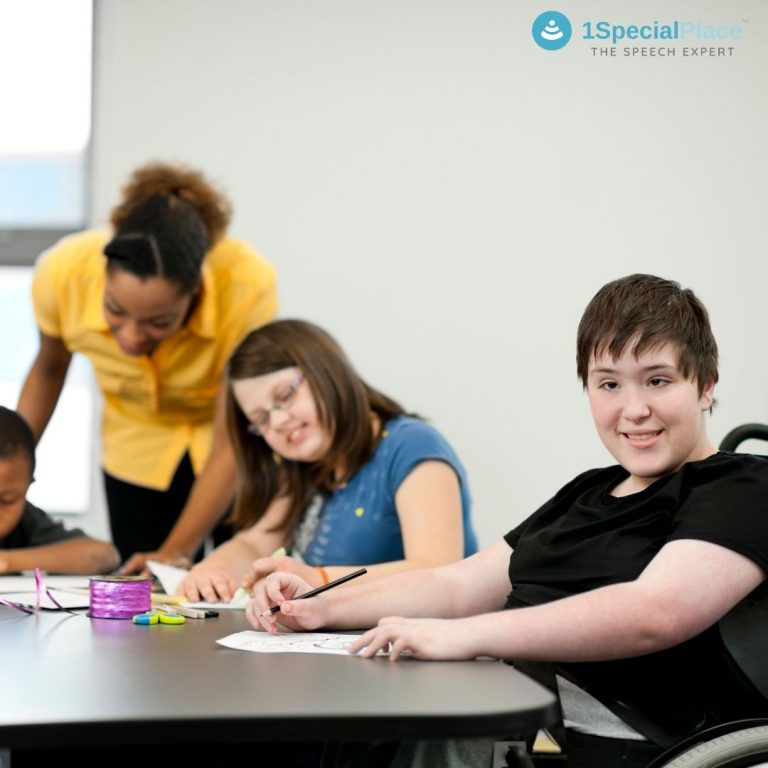Differently Abled Children
- Pratiksha Gupta

- Jan 18, 2016
- 2 min read
Updated: Mar 21, 2024

What is differently abled children?
I’m a Speech Language Pathologist and one of the perks of my profession has been meeting various children who are different.

Differently Abled Children are different than your kids. Different than the families they are born in. These amazing children have surpassed the urge to survive! They are born fighters and can take the world for a spin! Like you and me they don’t fuss about paltry issues of the society including politics, discrimination, racism and the like. They live in a free world, which is smothered with love and respect for each other.
All they care about is happiness and brotherhood. And all they need is recognition and acceptance! These children are legally labelled ‘disabled’. Disabled because some of them can’t hear or talk, others can’t walk or participate physically, and still others can’t see or sense. But they are not disabled; rather, they are differently abled! They are endowed with abilities similar to ours, if not superior to them. Our society is disabling their capabilities, their strengths, their merits and talents!
If you look around yourself you will be alarmed to see that these individuals and children are a chunk of us! Us the society.
Differently abled child development
According to the latest census reports, India has 20.42 lakh disabled children between the ages of 0-6 years. Children with hearing and eyesight disabilities form the lion’s share among them. There are more than 41 lakh children with vision problems and 47 lakh children with hearing problems across all age groups.Around 30 % of these disabled children live in Urban India and yes the figures are rising.
Early identification and intervention is the answer. The sooner a child is diagnosed the better chances he has to progress and do well for himself. Early intervention programs are designed to mitigate the factors that place children at risk of poor outcomes. Such programs provide support for the parents, the children, or the family. Parenting is a challenging journey and more so, when you are parenting children with special needs.
Its vital that we understand these children are an essential part of our tomorrow. That they need our support, not opposition, our empathy not sympathy and our encouragement not suppression.




Comentários